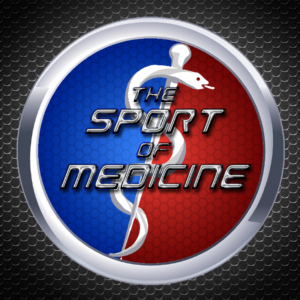I believe in the power of storytelling. As an avid sports fan, I am no stranger to the captivating narrative of athletes. I was enamored when a thin, baby-faced player named Stephen Curry vaulted a lesser known school, Davidson College, into the Elite Eight; I was also one of many who cheered on Jeremy Lin as he became an overnight NBA icon in the most unlikely of ways. Sports has the power to elicit deep, emotional connections that attract fans from all walks of life.
The NBA thrives off its stars using basketball as a platform to share their stories. Fans now have just as much interest in the athletes’ upbringings and business ventures as their game performances. With social media, athletes share their daily routines as well as life away from the arenas with family and friends; they allow increased perspective and narrative from elite, gifted humans who could otherwise seem unrelatable to their audience. Fans are ultimately woven into the stories of their favorite athletes, more than just box scores and tournament brackets. It’s what allows sports the unparalleled abilities to attract and engage all demographics.
In my primary role as a medical student, I’ve practiced gathering patients’ histories of present illness to relay to members of my team. Over time, I’ve come to realize that presenting a patient is not only about recounting clinical information in an organized manner, but also about practicing the formation of patients’ narratives beyond their conditions. With each rotation, I’ve become convinced that medicine is fundamentally rooted in storytelling: stories of patients and their families provide context and infuse meaning into the series of labs and test results that dictate daily medical decisions.
I’ve had chances to learn about my patients in their roles as spouses, parents, siblings and friends. Whenever possible, I tried my utmost to do so because those were the roles that ultimately mattered — the ones they had played long before and would last after their stay in the hospital. The lasting stories of my clinical rotations were often the ones from past morning rounds when patients became more than their medical record numbers and unidentifiable vignettes. Those stories have served as timely reminders throughout medical school of the privilege of practicing medicine and the responsibility belonging thereto.
The downtime I’ve had in my final year as a student has allowed me to take careful inventory of myself and who I’m becoming. Sports and medicine for me have been two of the most unique mediums for storytelling. Through both, I’ve cherished opportunities to listen to and take part in the stories of others. As I prepare to begin residency, I am reminded that there is perhaps no more penetrating or instructive perspective on my growth as a future physician than the ones my patients will provide. I’ll hold fast to the oath that I have made in my approach to journey alongside patients through the joy and grief waiting beyond their conditions. It’ll allow me to reflect often on my own evolving story amidst the sound of alarms, monitors and pagers bound to rustle against the days and nights to come.
Aside from the obvious anatomical and physiological implications that dictate sports, I am convinced that there are numerous principles that run parallel between medicine and sports. The aim of The Sport of Medicine is two-fold: to show that there is power in understanding the journey of others to help mold our own, and why I believe that medicine is a sport in its own, unique way.

